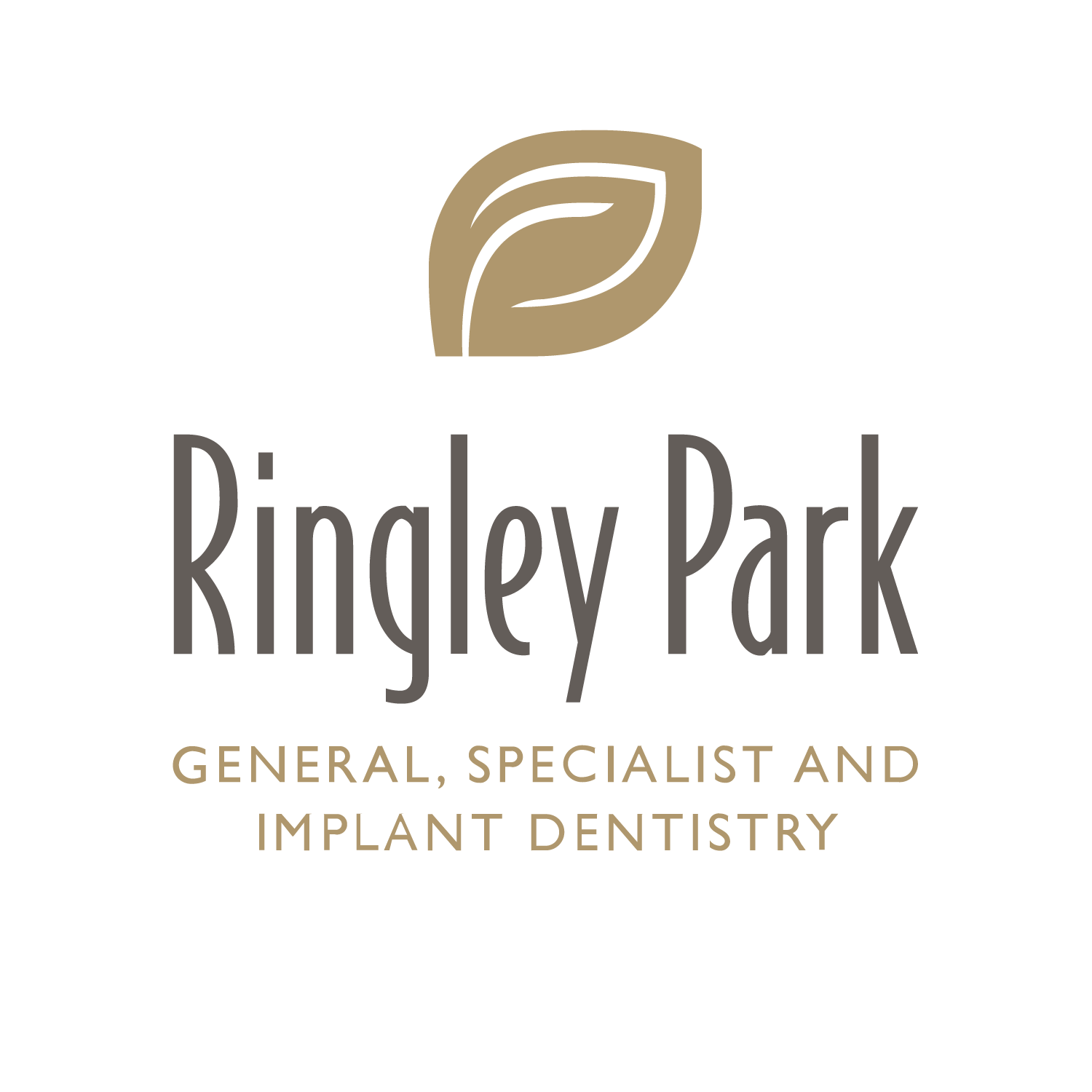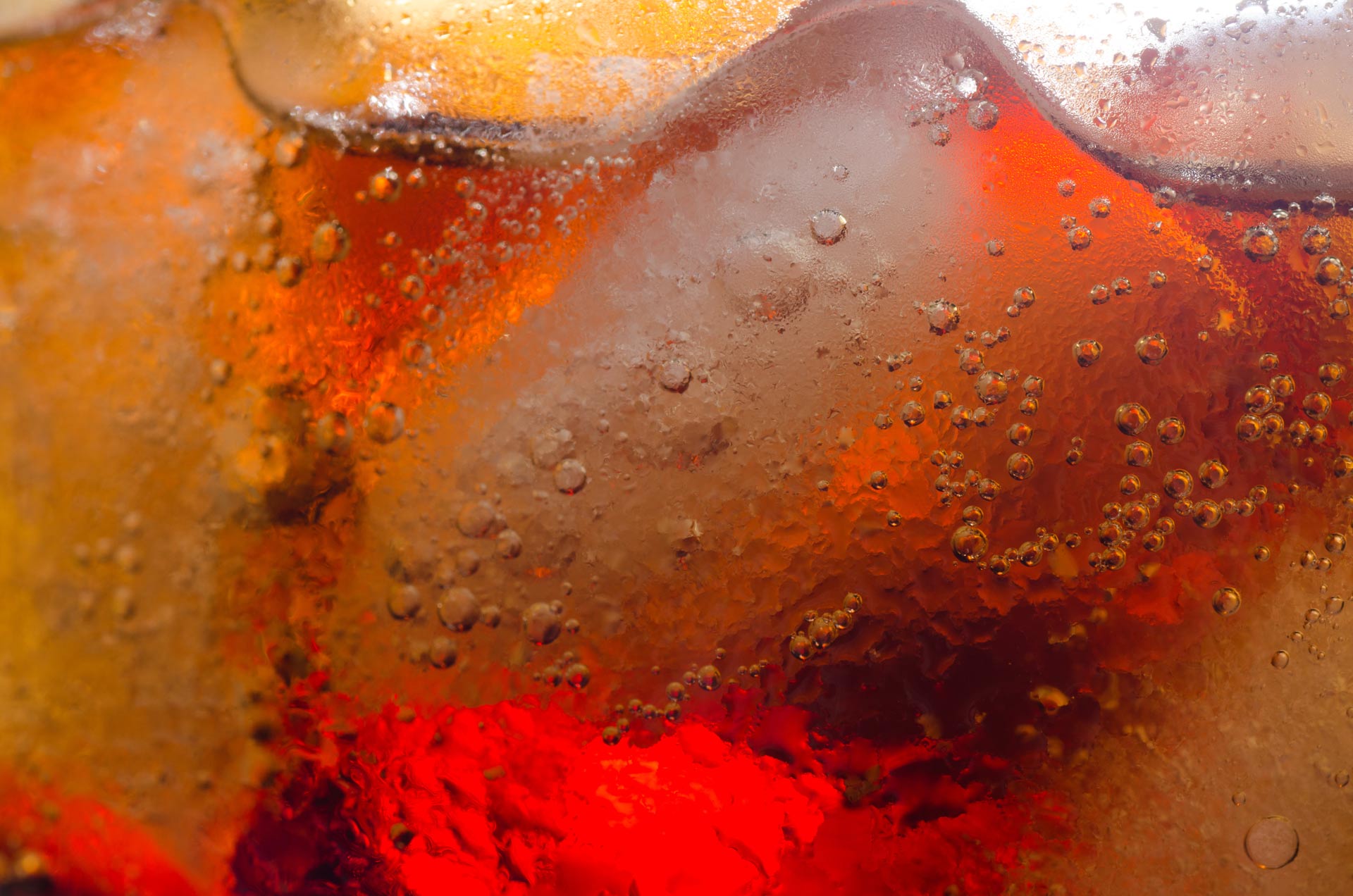While we say goodbye to initiatives like Dry January and Veganuary for another year, February brings another opportunity to make a healthy change. Fizz Free February is especially close to our hearts as it was set up in 2018 to raise awareness about the negative health impact of fizzy drinks – which of course includes oral health.
The campaign calls on the UK to cut out fizzy drinks for the entire month of February in a bid to slash our country’s sugar intake and improve our health. If the challenge doesn’t sound enticing enough to you yet, have a read through some of the insightful statistics and information we’ve highlighted in this blog post – we might change your mind! Forgetting the fizz could be one of the easiest steps you can take to improve your oral and general health.
What’s so bad about sugar?
In addition to being a leading cause of tooth decay, high sugar diets are linked to life-threatening health problems like obesity, type 2 diabetes, heart disease and certain cancers. Statistics show that this is a significant problem in the UK:
- Sugar Smart UK estimates that some Brits consume as many as 40 teaspoons of sugar per day – which is 5 times more than the NHS’s recommended daily allowance (30g per day for adults, which is equivalent to 7 sugar cubes).
- They also estimate that the world has more overweight people than underweight people for the first time in history, and 1 in 4 children are entering primary school overweight or obese.
- Diabetes rates are increasing yearly in the UK, with Diabetes UK predicting that 1 in 10 adults will be living with Diabetes by 2030.
- Over 15% of children under 3 have dental decay, and tooth extraction is the largest cause of hospital admission in children aged 5 to 9 (Sugar Smart UK).
Why should you forget the fizz?
Giving up fizzy drinks can have a significant impact on your oral and general health. Most fizzy drinks on the market contain 6 or more teaspoons of sugar per can – making up 29% of your daily sugar intake! So it should come as no surprise that fizzy drinks are estimated to be responsible for 40,000 tooth extractions each year, and research from GULP has found that drinking one 330ml can of your favourite fizz a day can add up to over a stone of weight gain in a year.
Fizzy drinks are one of the largest sources of sugar in the average UK person’s diet, and the largest single source of sugar for children aged 11-18 – which means that cutting them out could be the easiest and quickest way to make a big difference to your health!
Are all bubbles created equal?
One of the reasons that fizzy drinks feel so satisfying and refreshing is the carbonation. Carbonation heightens the acidity of drinks, which has an erosive effect on teeth. So what about sparkling water?
The bubbles in sparkling water are not as serious a concern as other fizzy drinks. A study by the American Dental Association found that sparkling water is the least erosive of all drinks besides fluoridated water. The study also found that the most erosive of all drinks were sports and energy drinks, which ranked as “extremely erosive”. This is of particular concern in the UK where energy drink consumption is the highest in Europe and 1 in 3 children are drinking caffeinated energy drinks once a week.
The safest “fizzy” drink for your teeth is sparkling water, as even “sugar free” fizzy drinks are highly acidic, making teeth more susceptible to cavities.
Save a glass of fizz for special occasions
We already know that drinking too much alcohol comes with serious oral health risks, including oral cancer. However, you might not have heard of the “prosecco smile”.
Professor Damian Walmsley, a scientific advisor for the British Dental Association, has warned that prosecco (amongst other fizzy alcoholic drinks) is a “triple whammy of carbonation, alcohol and sweetness” which erodes enamel and causes sensitivity. One flute of prosecco contains around 1 teaspoon of sugar and is highly acidic due to the carbonation.
The “prosecco smile” is a soft white line that forms under the gum near the front teeth, suggesting the beginning of tooth decay. To avoid the damage of fizzy alcoholic drinks, it’s best to save them for special occasions and alternate them with glasses of water to wash the acid away.
Good oral health is key for a healthy body
The evidence is clear that sugar is bad for our oral health and fizzy drinks make up a significant part of our country’s sugar intake. Not only can reducing the number of fizzy drinks you consume help you maintain good oral health, it can also help you maintain a healthy weight and avoid serious health problems like type 2 diabetes and heart disease.
Fizz Free February offers the perfect opportunity to take action for you, your family, even your local community, and to see all of the benefits it brings. Whether you decide to go fizz-free for a while or not, hopefully this blog has made you more conscious of how your food and drink choices impact your oral and bodily health and reminded you of the importance of a good oral hygiene routine with regular check-ups and hygiene appointments.
Book an appointment today by booking online or speaking to a member of our friendly team on 01737 240123.

